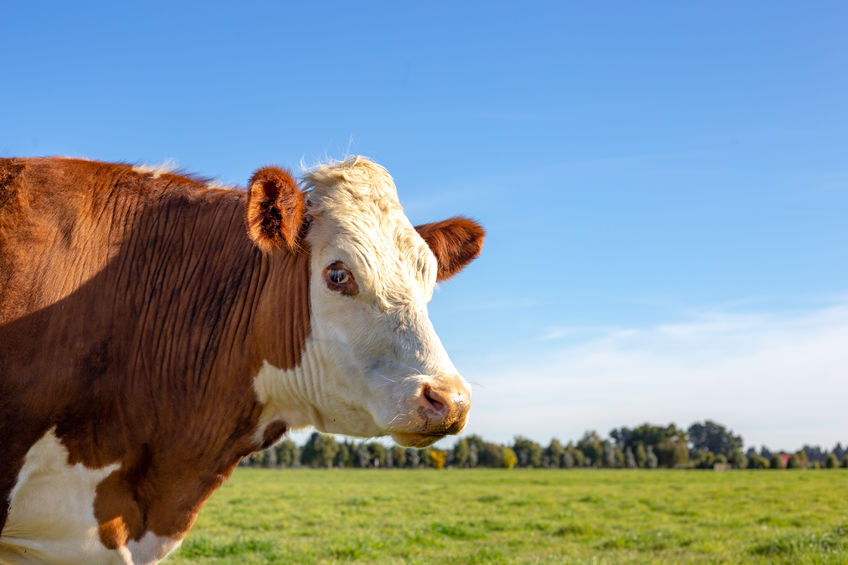For many environmentalists, there are few boogiemen more notorious than the cow. They fret that that these notorious eco-villains account for 10 percent of U.S. greenhouse emissions, and particularly point to their flatulence and belching as being two of the biggest issues.
Now comes some good news to help them sleep at night.
A pair of researchers from of the University of California, Davis claim to have discovered that simply feeding cattle a small amount of “seaweed” can lower their methane emissions by a whopping 82 percent. The research builds upon previous studies which suggest seaweed could help reduce bovine emissions over the short term, but these researchers say it could also provide a long-term solution as well.
As reported in the U.K. Guardian:
“We now have sound evidence that seaweed in cattle diet is effective at reducing greenhouse gases and that the efficacy does not diminish over time,” said Ermias Kebreab, director of the World Food Center and an agricultural scientist at University of California, Davis.
Cows produce methane via microbes in their stomachs as they digest their fibrous food, in a process a little like fermentation…A type of seaweed called Asparagopsis taxiformis can partially counteract these emissions from cows.”
The next challenge, the researchers say, will be finding enough Asparagopsis taxiformis to provide as feedstock for farmers and ranchers.
One also wonders if this discovery will dampen environmentalist attacks on red meat and curtail enthusiasm to eat “Impossible burgers.”
To read the full story in the Guardian, click here.
